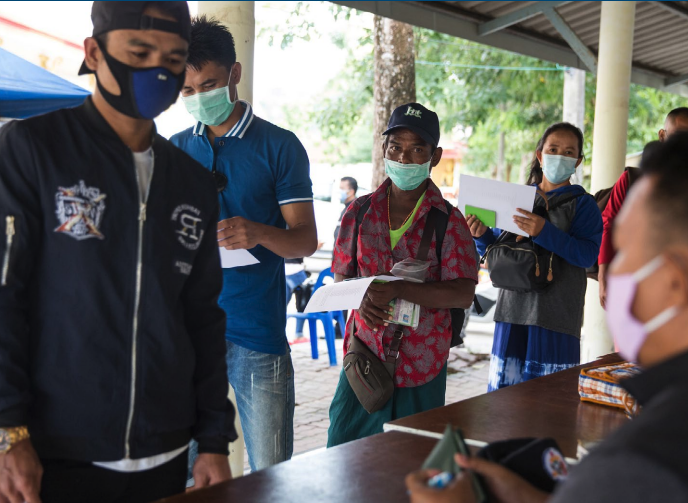Resources
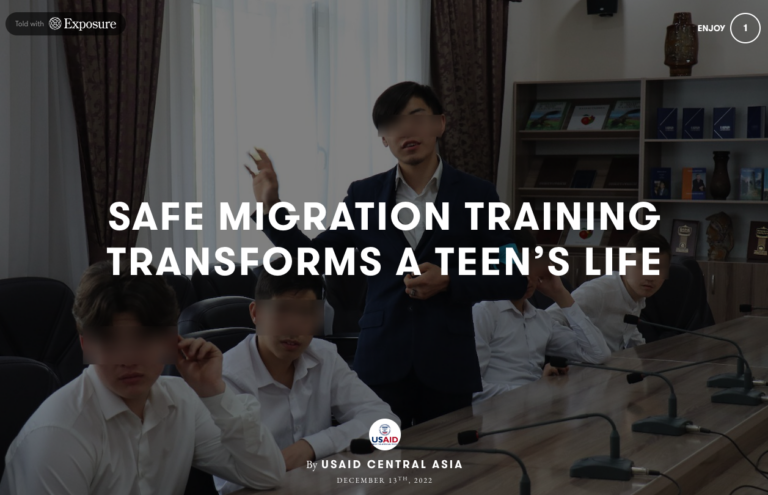
Safe Migration Training Transforms a Teen’s Life
When Zhomart was 11 years old, his parents moved to Almaty from the Kyzylorda Region of Kazakhstan. At school, Zhomart’s grades suffered as he struggled to adapt to the new environment. The only good grades he received were for his behavior, because despite his poor academic performance, he never missed a day of class. By […]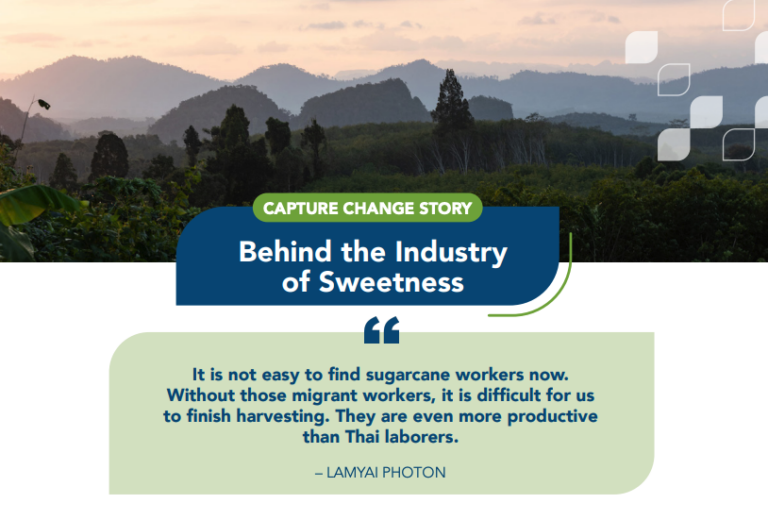
Capture Change Story: Behind the Industry of Sweetness
“It is not easy to find sugarcane workers now. Without those migrant workers, it is difficult for us to finish harvesting. They are even more productive than Thai laborers.” – LAMYAI PHOTON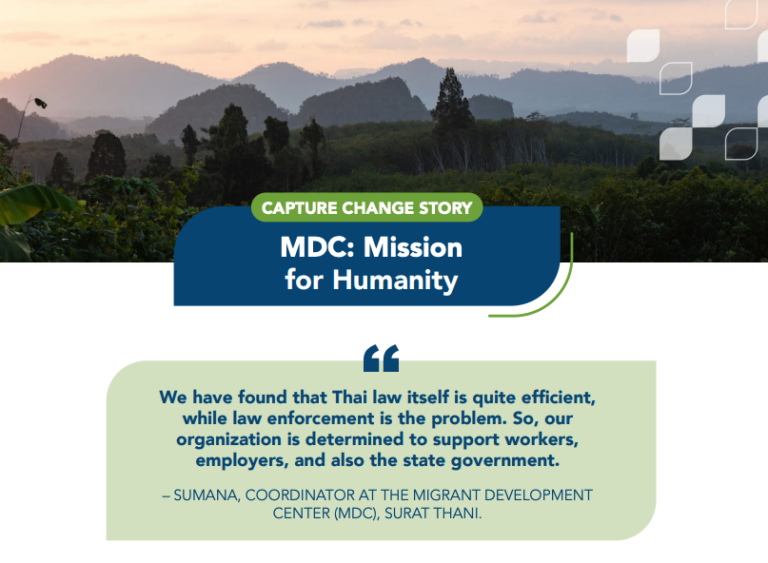
Capture Change Story: MDC Mission for Humanity
“We have found that Thai law itself is quite efficient, while law enforcement is the problem. So, our organization is determined to support workers, employers, and also the state government.” – SUMANA, COORDINATOR AT THE MIGRANT DEVELOPMENT CENTER (MDC), SURAT THANI.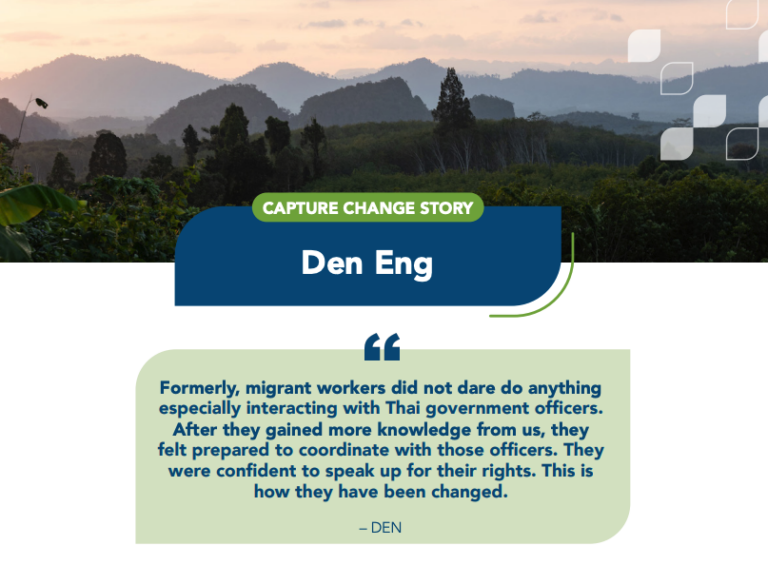
Capture Change Story: Den Eng
“Formerly, migrant workers did not dare do anything especially interacting with Thai government officers. After they gained more knowledge from us, they felt prepared to coordinate with those officers. They were confident to speak up for their rights. This is how they have been changed.” – DEN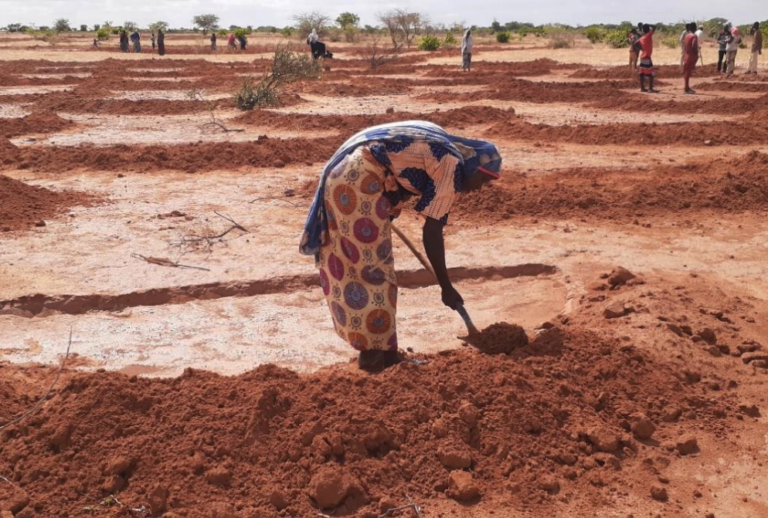
Drought-Affected Communities Restore Degraded Lands to Transform their Future
Over the past 20 years, Niger, a semi-arid country in West Africa, has faced multiple severe drought episodes with short- and long-term consequences for its most vulnerable inhabitants. No longer having enough money to live, they must resort to harmful coping strategies such as taking children out of school, reducing their daily meals, or selling […]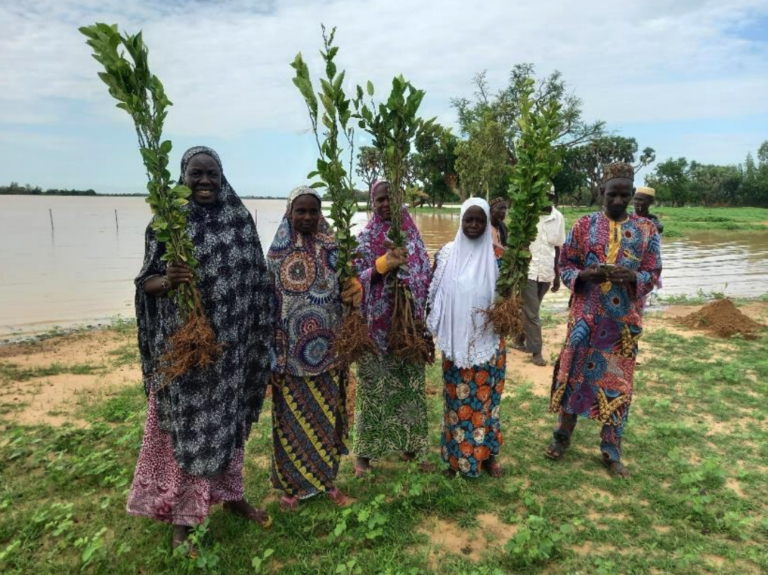
Planting Trees to Save Water Reservoirs in Burkina Faso
In Burkina Faso, a landlocked country of West Africa, surface water reservoirs, locally called “dams”, remain crucial for livestock, agriculture, and other economic activities like brickmaking or gold panning. But their sustainability is threatened both by the effects of climate change (the country is facing a temperature increase of 2°C since 1950) and human bad […]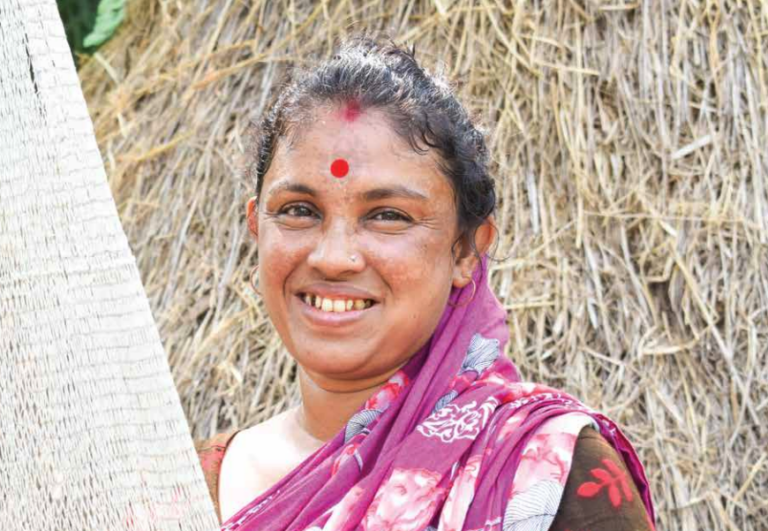
SAFETI Presents Bangladeshi Aquaculture Success with a Coffee Table Book
Ten smallholder farmers in the shrimp and prawn sector share their accomplishments using the improved science-based technologies and farming techniques offered by the Safe Aqua Farming for Economic and Trade Improvement project.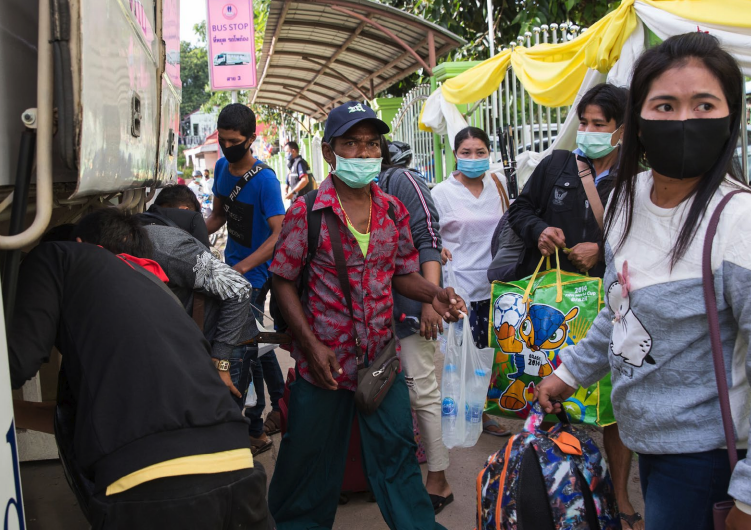
Multi-Disciplinary Teams
This learning paper focuses on the USAID Thailand CTIP project’s activities focused on strengthening protection systems, specifically the strengthening of Multi-disciplinary Teams (MDTs), through two key learning questions: In what ways does the strengthening of Thailand’s MDTs improve the quality, availability, and accessibility of protection services in the country? How do we increase safe and […]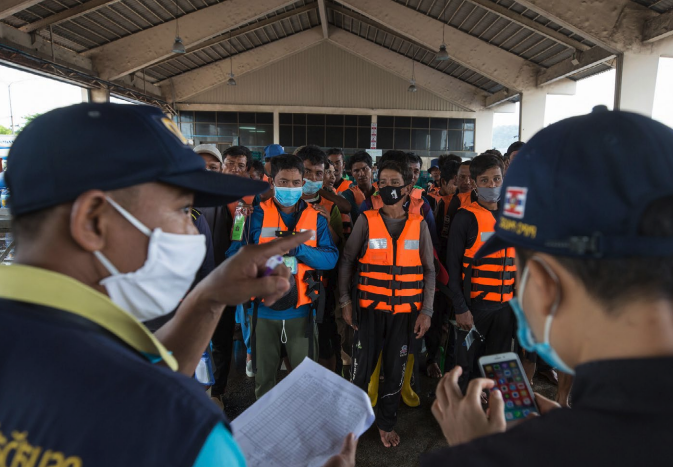
Increasing Awareness and Understanding of Rights Among Most At-Risk Populations to Safeguard Migrant Workers’ Rights
Based on the wealth of experience within USAID Thailand CTIP, this Learning Paper Series was developed to highlight crucial learnings to be widely disseminated to USAID, Winrock staff, and other stakeholders working in CTIP that want to ensure high quality program design and delivery.